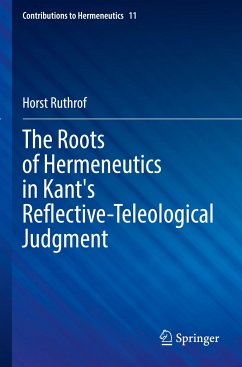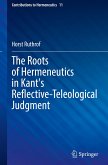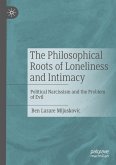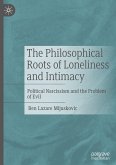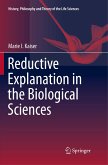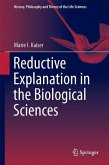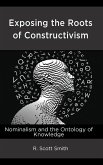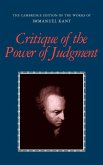This book challenges the standard view that modern hermeneutics begins with Friedrich Ast and Friedrich Schleiermacher, arguing instead that it is the dialectic of reflective and teleological reason in Kant's Critique of Judgment that provides the actual proto-hermeneutic foundation. It is revolutionary in doing so by replacing interpretive truth claims by the more appropriate claim of rendering opaque contexts intelligible. Taking Gadamer's comprehensive analysis of hermeneutics in Truth and Method (1960) as its point of departure, the book turns to Kant's Critiques, reviewing his major concepts as a coherent system in relation to his sensus communis. At the heart of the book is the interaction between reflective, bottom-up search and teleological, top-down interpretative projection as provided in Part II of the third Critique.
This text contends that Kant's broad definition of nature invites the liberation of thereflective-teleological judgment from its biological exemplifications and so permits us to establish its generalised status as a path-breaking, methodological tool. Kant's dialectic of reflective search and meaning bestowing, stipulated teleology is asserted to anticipate a series of motifs commonly associated with hermeneutics. Figures covered include Dilthey, Husserl, Ingarden, Heidegger, Gadamer, Apel, Habermas, Ricoeur, Derrida, Foucault, Lyotard, Deleuze, Vattimo, Nancy and Caputo. Their collective contributions to interpretation allow for a review of the evolution of hermeneutics from the perspective of the Kantian critique of the limitations of human cognition. The book is written for the informed, general reader, but will likewise appeal to advanced undergraduate and graduate students as well as researchers in the humanities and social sciences.
This text contends that Kant's broad definition of nature invites the liberation of thereflective-teleological judgment from its biological exemplifications and so permits us to establish its generalised status as a path-breaking, methodological tool. Kant's dialectic of reflective search and meaning bestowing, stipulated teleology is asserted to anticipate a series of motifs commonly associated with hermeneutics. Figures covered include Dilthey, Husserl, Ingarden, Heidegger, Gadamer, Apel, Habermas, Ricoeur, Derrida, Foucault, Lyotard, Deleuze, Vattimo, Nancy and Caputo. Their collective contributions to interpretation allow for a review of the evolution of hermeneutics from the perspective of the Kantian critique of the limitations of human cognition. The book is written for the informed, general reader, but will likewise appeal to advanced undergraduate and graduate students as well as researchers in the humanities and social sciences.

